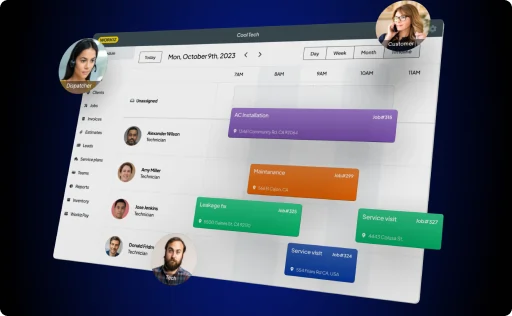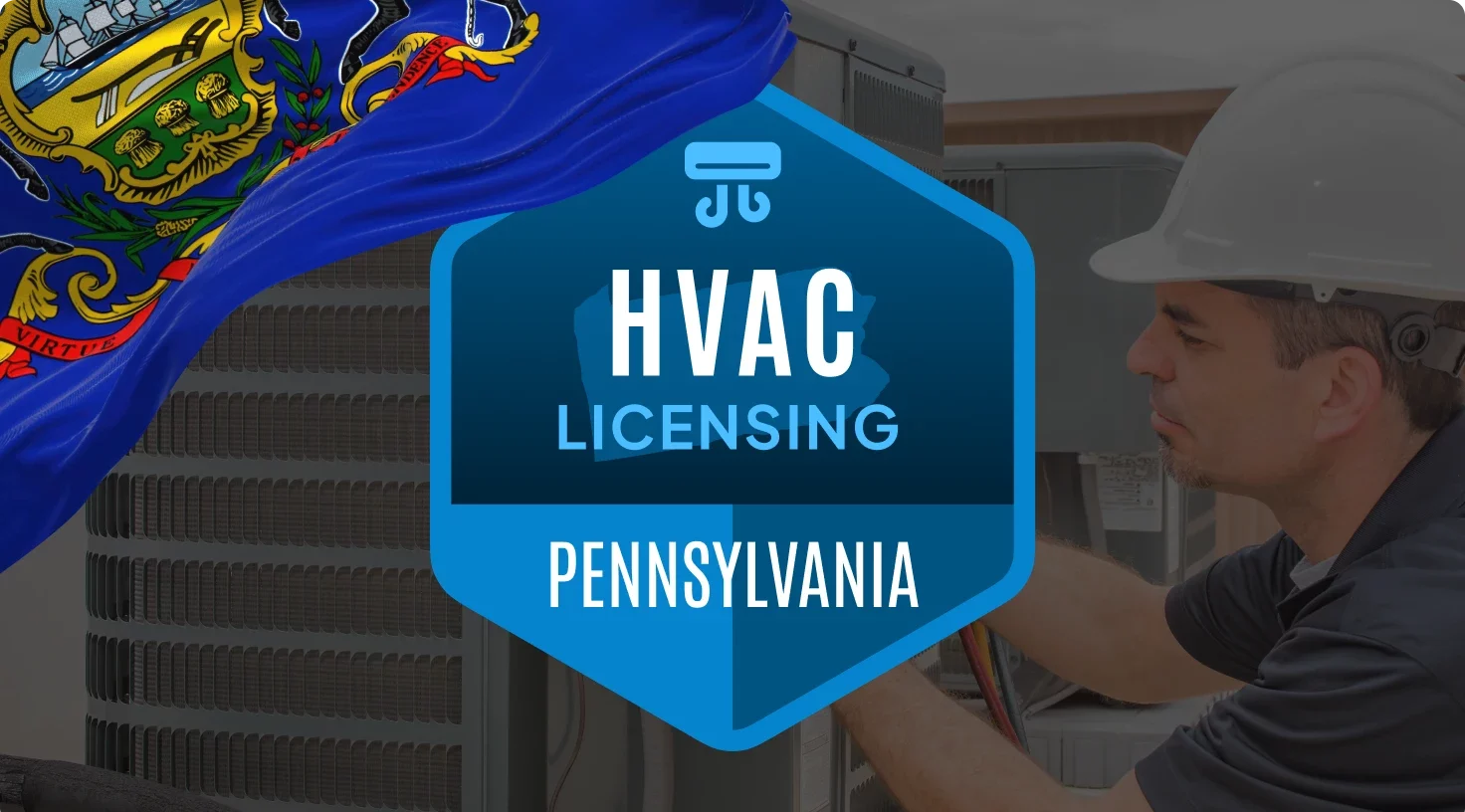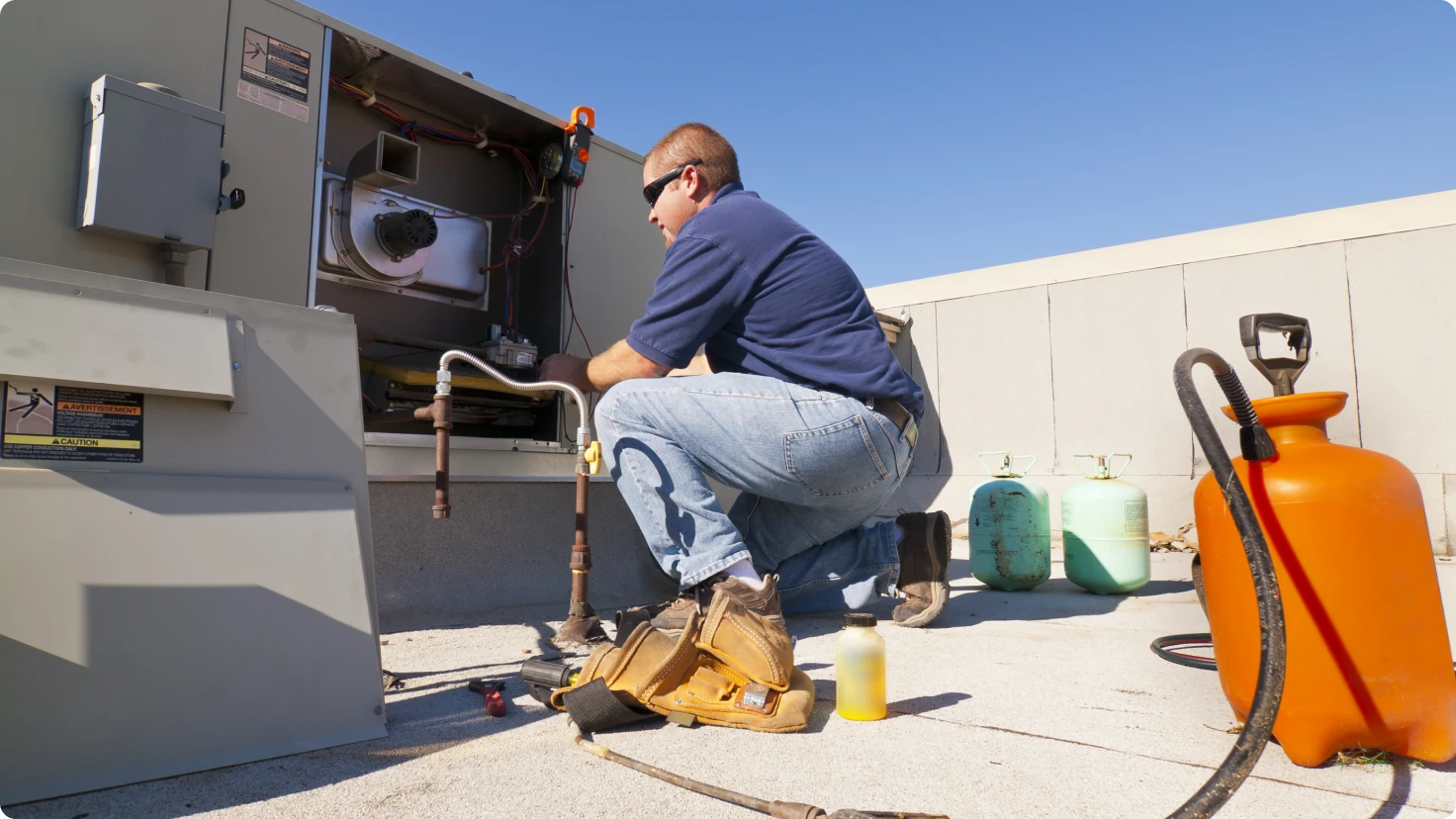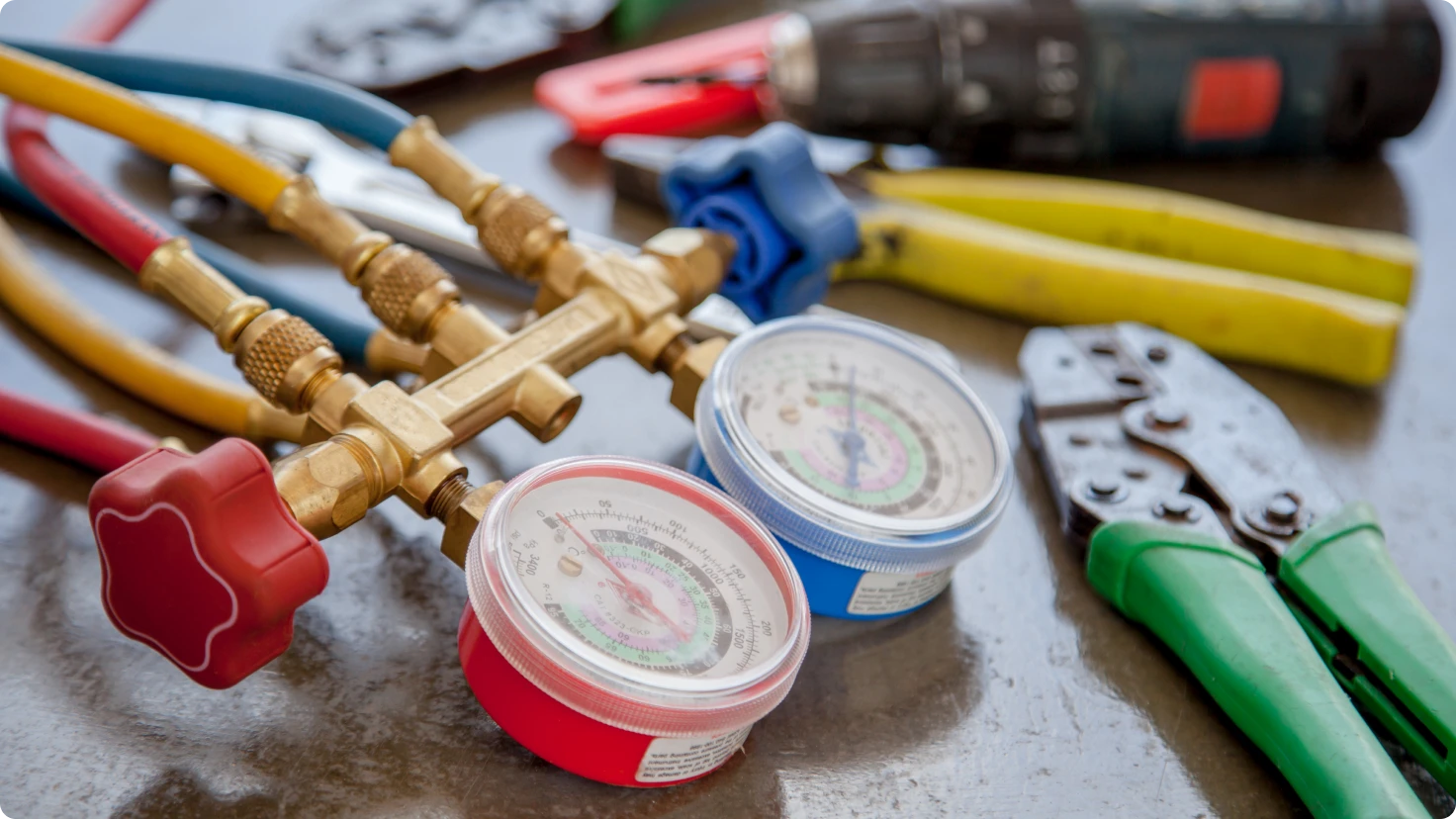Licensing requirements
Pennsylvania does not have state-wide requirements for HVAC licensing. Unlike some other states, Pennsylvania does not mandate HVAC technicians to hold a state license to perform HVAC work.
However, it’s essential to keep in mind that even though Pennsylvania may not have state-wide licensing requirements, some cities or municipalities within the state may have their own regulations or licensing requirements for HVAC professionals. It’s always a good idea to check with local authorities or professional organizations to ensure you comply with any local regulations that may apply to HVAC work in specific areas of Pennsylvania.
HVAC certifications
If you’re aspiring to establish a successful HVAC career in Pennsylvania, obtaining industry-recognized certifications can significantly boost your professional profile and open doors to many job opportunities. While Pennsylvania doesn’t require a state-wide HVAC license, certifications are valued by employers and customers alike as they demonstrate your expertise, competence, and commitment to maintaining high standards in the HVAC industry.
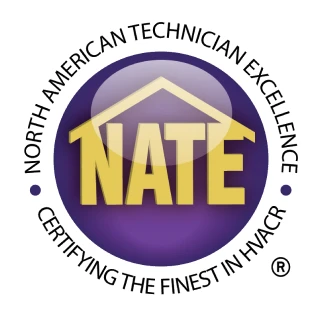
NATE Certification (North American Technician Excellence)
The NATE certification is widely regarded as the gold standard in the HVAC industry. While it is not mandatory in Pennsylvania, many HVAC professionals pursue this certification to showcase their technical knowledge and skills. NATE certifications are offered in various specialities, including air conditioning, heat pumps, gas heating, and oil heating. Achieving NATE certification can elevate your credibility, improve job prospects, and potentially lead to higher earning potential.
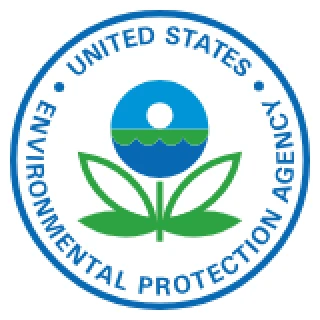
EPA 608 Certification (Environmental Protection Agency)
While the EPA 608 certification is not exclusive to Pennsylvania, it is a nationally recognized requirement for all HVAC technicians who handle refrigerants. The certification is divided into four types, each corresponding to the different types of HVAC systems and refrigerants they handle.
Technicians with EPA 608 certification are well-versed in handling refrigerants safely, complying with environmental regulations, and conducting proper refrigerant recovery, recycling, and disposal practices.
- Type I Certification covers the safe handling and disposal of refrigerants in small appliances, such as refrigerators, freezers, and air conditioners. To become Type I certified, you must pass a 25-question multiple-choice exam. The exam covers the types of refrigerants, the proper way to recover and dispose of refrigerants, and the EPA’s regulations on refrigerant handling.
- Type II Certification covers the safe handling and disposal of refrigerants in larger appliances, such as commercial air conditioners and chillers. To become Type II certified, you must pass a 50-question multiple-choice exam. The exam covers topics such as the types of refrigerants, the proper way to recover and dispose of refrigerants, the EPA’s regulations on refrigerant handling, and the safety precautions that must be taken when working with refrigerants.
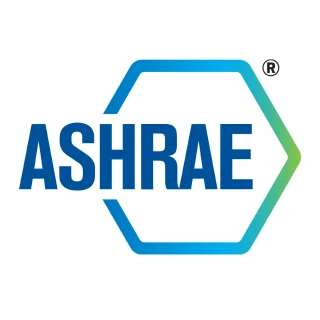
ASHRAE (American Society of Heating, Refrigerating, and Air-Conditioning Engineers)
ASHRAE (American Society of Heating, Refrigerating and Air-Conditioning Engineers) offers a range of highly respected and recognized certifications in the HVAC industry. ASHRAE certifications are designed to validate the knowledge and expertise of professionals in various specialized areas related to heating, ventilation, air conditioning, and refrigeration. ASHRAE’s commitment to advancing the art and science of HVAC&R technology makes its certifications highly sought after by employers and HVAC professionals alike.
ASHRAE Certification Programs:
- Building Energy Assessment Professional (BEAP). The BEAP certification is designed for professionals assessing building energy performance and recommending improvements to energy efficiency. This certification validates your ability to conduct energy audits, analyze energy consumption, and develop cost-effective energy conservation measures for commercial, institutional, and industrial buildings.
- Commissioning Process Management Professional (CPMP). The CPMP certification is intended for professionals who manage the commissioning process for new and existing buildings. It verifies your proficiency in planning, implementing, and verifying commissioning activities to ensure HVAC systems and other building systems operate as intended.
- High-Performance Building Design Professional (HBDP). The HBDP certification is ideal for professionals involved in the design of high-performance buildings. This certification demonstrates your expertise in integrated building design and energy-efficient HVAC systems to create sustainable and environmentally friendly structures.
- Healthcare Facility Design Professional (HFDP). The HFDP certification is tailored to professionals engaged in designing HVAC systems for healthcare facilities. It showcases your specialized knowledge of ventilation, indoor air quality, infection control, and thermal comfort in healthcare settings.
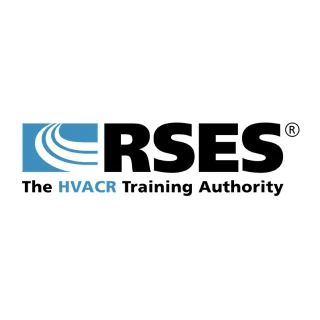
RSES (Refrigeration Service Engineers Society) Certifications
RSES offers a comprehensive list of certifications for HVAC professionals, with options that span from entry-level technicians to advanced-level engineers. Certifications cover diverse subjects like electrical theory, heat pumps, system diagnostics, and controls. These certifications can enhance your credibility and competence in specific HVAC technology and system design areas.
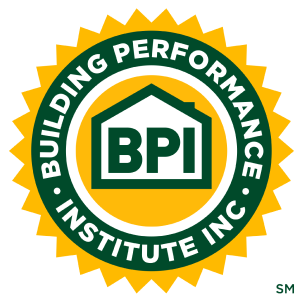
BPI (Building Performance Institute) Certifications
While BPI certifications are not solely focused on HVAC, they are valuable for HVAC professionals who work on energy-efficient systems, home energy audits, and weatherization projects. Notable certifications from BPI include Building Analyst Professional (BPI BA), Heating Professional (BPI Heating), and Air Conditioning and Heat Pump Professional (BPI AC/HP).
HVAC licenses in Pennsylvania
In Pennsylvania, there are specific types of HVAC certifications and licenses related to the HVAC industry. Here are the three main types available in this region.
- Home Improvement Contractor Registration: In Pennsylvania, individuals or businesses engaged in home improvement projects, including HVAC work, must register as a Home Improvement Contractor. This registration is required for those who perform improvements on residential properties, including HVAC installations and repairs.
- Grade B Refrigeration Engineer License: This license is specific to individuals working with refrigeration systems in Pennsylvania. It allows technicians to operate and maintain refrigeration equipment, HVAC, and storage units in commercial settings. The Grade B Refrigeration Engineer license is issued by the Pennsylvania Department of Labor and Industry, and obtaining it involves meeting certain educational and experience requirements and passing an examination.
- HVAC Contractor License: HVAC contractors in Pennsylvania must obtain a license to legally operate their businesses and perform HVAC work. This license allows contractors to provide HVAC installation, maintenance, and repair services to both residential and commercial properties. The HVAC Contractor license requires meeting specific education and experience requirements, passing an examination, and adhering to state regulations.
How to Get an HVAC License in Pennsylvania
For those residing in Pennsylvania, here are some steps that’ll help you get an HVAC license:
- Contact the city or municipality where you plan to work to determine their specific licensing requirements. The licensing requirements for HVAC contractors vary from city to city in Pennsylvania. Some cities may require you to pass a general aptitude test, have general liability insurance, and have at least two years of experience in the HVAC industry. Other cities may have more stringent requirements.
- Complete the required education and training. In addition to meeting the licensing requirements, many cities also require HVAC contractors to complete a specific amount of education and training. This education and training can be obtained through a variety of programs, including trade schools, technical colleges, and online courses.
- Pass the required exams. Some cities require HVAC contractors to pass a written exam before they can be licensed. This exam typically covers the basics of HVAC systems and installation, maintenance, and repair.
- Obtain the required insurance. Most cities require HVAC contractors to have general liability insurance. This insurance protects you from financial losses in the event that you are sued for damages caused by your work.
- Apply for a license. Once you have met all of the licensing requirements, you can apply for a license with your city or municipality. The application process will vary from city to city, but it typically involves submitting proof of education, training, experience, and insurance.
Becoming a licensed HVAC Professional in Pennsylvania
If you plan to work in a specific city or county in Pennsylvania, it’s crucial to check with the local authorities to determine if any licensing or registration is necessary.
Even without a state license, there are essential steps you can take to build a successful career in HVAC in Pennsylvania.
General requirements:
- Be at least 18 years old.
- Have a high school diploma or GED.
- Pass a general aptitude test.
- Have general liability insurance.
- Have at least 2 years of experience in the HVAC industry.
Specific requirements for Philadelphia:
- Pass the International Code Council (ICC) Certification exam.
- Have general liability insurance.
- Have at least 4 years of experience in the HVAC industry.
- Obtain Education and Training. While not required for licensing, completing an HVAC training program from a reputable trade school or community college can provide you with the knowledge and skills needed to excel in the HVAC industry. Look for programs that cover essential topics such as heating systems, cooling systems, electrical components, refrigeration, and HVAC design.
- Gain Practical and hands-on experience is invaluable in the HVAC field. Consider working as an HVAC apprentice or entry-level technician to learn from experienced professionals and develop your skills.
- Obtain Industry Certification. Although not mandatory, obtaining HVAC certifications, such as NATE (North American Technician Excellence) or ASHRAE certifications, can enhance your professional credibility and make you a more competitive candidate in the job market.
- Comply with Local Regulations. If you plan to work in a specific city or county, research any local licensing or permit requirements applicable to HVAC professionals. Ensure that you adhere to all relevant regulations and obtain any necessary permits.
- Seek Professional Development. Stay updated on the latest HVAC technologies, industry trends, and best practices by participating in workshops, seminars, and continuing education programs. This continuous learning will help you stay ahead in the rapidly evolving HVAC industry.
- Join Professional Organizations. Consider joining HVAC industry associations and professional organizations in Pennsylvania. Networking with other HVAC professionals can provide valuable insights and career opportunities.
- Focus on Customer Service. Building a strong reputation for excellent customer service can lead to repeat business and referrals, enhancing your reputation as a skilled and reliable HVAC professional.
Benefits of Getting an HVAC License
There are several advantages to getting an HVAC license in Pennsylvania. This includes the following:
- Enhanced Professional Credibility. Obtaining HVAC certifications showcases your commitment to continuous learning and professionalism. It instils confidence in employers, customers, and colleagues, bolstering your reputation as a competent HVAC technician.
- Better Job Opportunities. HVAC certifications can make you a more attractive candidate for employers seeking skilled and knowledgeable technicians. Many employers prioritize certified professionals, giving you a competitive advantage in the job market.
- Higher Earning Potential. Certified HVAC technicians often command higher wages than their non-certified counterparts. Your specialized skills and expertise can justify a higher salary, providing better financial opportunities in your career.
- Professional Growth and Development. Pursuing certifications allows you to deepen your knowledge and stay updated on the latest advancements in the HVAC industry. Continuing education through certifications ensures you remain relevant and adaptable in a rapidly evolving field.
- Customer Trust and Satisfaction. Holding recognized certifications can inspire confidence in your customers, assuring them that you have the necessary skills to handle their HVAC needs effectively and professionally.
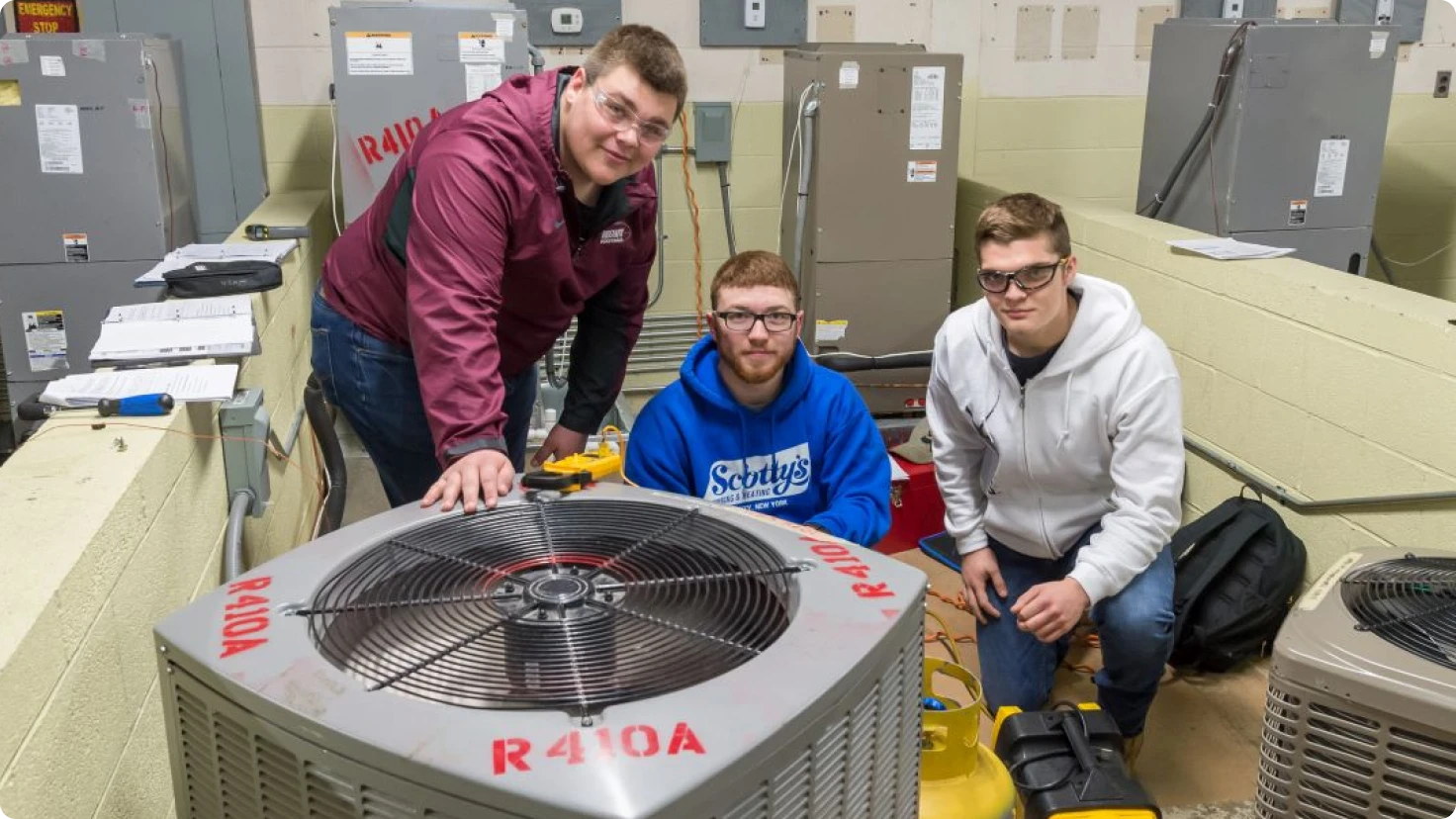
Pennsylvania College of Technology in Williamsport HVAC students
HVAC Schools and Training Programs in Pennsylvania
Pennsylvania offers a variety of schools and training programs for individuals interested in pursuing a career in HVAC. These programs provide comprehensive education and hands-on training to equip students with the knowledge and skills necessary to excel in the HVAC industry. Here are some notable HVAC schools and training programs in Pennsylvania:
- Pennsylvania College of Technology in Williamsport, Penn, United States
- Northampton Community College, PA, United States
- Rosedale Technical College, Pittsburgh, PA 15205, United States
- Greater Altoona Career & Technology Center, PA, United States.
- Penn Commercial Business/Technical School, Washington, PA, United States.
- Orleans Technical College, Philadelphia, United States.
- Monroe Career & Technical Institute, PA, United States.
- Lehigh Career & Technical Institute, PA United States.
- Philadelphia Technician Training Institute – Main Campus, PA, United States
- North Montco Technical Career Center, PA, United States.
Training Programs:
- Ergonomics
- HVAC systems design
- Power and resistance
- Class B Cdl
- Class B Cdl Training
- Mechanical codes
- Gas and electric heating
- HVAC best practices
- Water volume
FAQs about HVAC licensing in Pennsylvania
Here are some frequently asked questions about the HVAC licensing process in the state of Pennsylvania.
How can I prepare for HVAC certifications in Pennsylvania?
Preparing for HVAC certifications in Pennsylvania requires dedication, focused study, and practical experience. Here is a comprehensive guide to help you effectively prepare for HVAC certifications:
- Research the Certification: Start by researching the HVAC certification you want to pursue. Various certifications are available, such as NATE (North American Technician Excellence), ASHRAE, and manufacturer-specific certifications. Understand the specific requirements, topics covered, and the level of expertise expected for each certification.
- Enrol in an HVAC Training Program: Consider enrolling in a reputable HVAC training program or course that aligns with the certification you’re aiming for. These programs provide structured learning, hands-on training, and valuable insights from experienced instructors. Choose a program that covers the topics tested in the certification exam and offers practice exams to assess your knowledge.
- Gather Study Materials: Obtain study materials, textbooks, and resources relevant to the certification exam. Look for official study guides or materials provided by the certification organization, as they are often tailored to the exam content.
- Create a Study Plan: Develop a study plan that outlines your study schedule, topics to cover, and milestones to achieve. Allocate specific time for each subject, focusing on areas where you need more improvement.
- Study Regularly and Consistently: Consistency is vital to effective exam preparation. Dedicate regular study sessions, avoid cramming, and allow time for information to sink in. Review previously studied topics periodically to reinforce your understanding.
- Focus on Weak Areas: Identify topics or areas where you need improvement and focus on strengthening those areas. Allocate more study time to challenging subjects to ensure a well-rounded understanding of the material.
- Seek Hands-on Experience: Practical experience is invaluable in HVAC certification preparation. If possible, work as an HVAC technician or apprentice to apply your knowledge in real-world scenarios. Practical experience enhances your understanding and problem-solving skills.
- Join Study Groups or Forums: Engage with other HVAC professionals or candidates preparing for the same certification. Join study groups or online forums to discuss topics, share knowledge, and seek clarification on challenging concepts.
- Seek Guidance from Certified Professionals: Reach out to certified HVAC professionals or instructors for guidance and advice. They can provide insights into the certification process, share their experiences, and offer valuable tips for exam success.
- Review Exam Policies and Procedures: Familiarize yourself with the exam policies, procedures, and requirements. Know the exam duration, format, and any specific rules or materials allowed during the exam.
- Stay Positive and Confident: Believe in your abilities and stay positive throughout preparation. Confidence in your knowledge and skills will help you approach the exam with a clear and focused mindset.
How long Does it take to become certified in Pennsylvania?
Becoming a certified HVAC technician in Pennsylvania typically involves a combination of education, training, and hands-on experience. The process can vary depending on the specific certification or license you aim to achieve and the route you choose to pursue. Here’s an overview of the general steps and the approximate time it may take to become a certified HVAC technician in Pennsylvania:
- High School Education (4 years): The first step is to complete your high school education or obtain a GED. A high school diploma is usually required to enroll in HVAC training programs or apprenticeships.
- HVAC Training Program (6 months to 2 years): Many aspiring HVAC technicians attend trade schools or community colleges to complete HVAC training programs. These programs can last anywhere from six months to two years, depending on whether you pursue a certificate or an associate degree. These programs cover the fundamentals of HVAC systems, refrigeration, electrical work, and troubleshooting techniques.
- Apprenticeship (2 to 5 years): Alternatively, some individuals choose to enter into an apprenticeship program. Apprenticeships typically last between two to five years, during which you work under the guidance of experienced HVAC technicians while earning a wage. Apprenticeships provide valuable hands-on experience and may include classroom instruction.
- EPA Section 608 Certification (1 to 3 weeks): To handle refrigerants legally, you must obtain the EPA Section 608 Certification. This certification can be achieved through a short training course and passing the required exam. It is a mandatory certification for HVAC technicians.
- Additional Certifications (Varies): Depending on your career goals and the specific HVAC specialization you wish to pursue (e.g., commercial HVAC, residential HVAC, HVACR), you may choose to obtain additional certifications. These certifications can vary in duration, from a few days to several weeks, depending on the complexity and depth of the training.
What are useful tools to use in my HVAC business?
From diagnosing issues to performing installations and repairs, having the appropriate tools on hand can make a significant difference in the quality of service you provide and the overall success of your HVAC business.
HVAC Service Management Software
Investing in a comprehensive HVAC service management software can be a game-changer for your business. This type of software helps you manage appointments, dispatch technicians, track job progress, generate invoices, and manage customer information all in one place.
Look for features like scheduling, GPS tracking, inventory management, and integration with accounting systems. a competitive market.
Hand Tools
Every technician of course needs a set of equipments necessary to work. These equipments often include:
- Screwdrivers, Pliers, and Wrenches: Basic hand tools for various tasks, such as loosening or tightening electrical connections, fasteners, and valves during installation or repair work.
- Hex Key Set: Also known as Allen wrenches, used for tightening hexagonal screws.
- Nut Drivers: For working with nuts and bolts of different sizes.
- Tapes Measure: A must-have for accurate measurements during installations and repairs.
- Pipe Cutters: For cutting copper, PVC, and other pipes cleanly and efficiently.
- Tube Benders: Used to bend copper tubing for custom installations.
HVAC System Testing and Balancing Tools
HVAC system testing and balancing are critical processes used to ensure that heating, ventilation, and air conditioning systems perform efficiently, meet design specifications, and provide optimal comfort and air quality. Testing and balancing ensure that airflows, temperatures, and pressures are properly distributed throughout the building. Here are some important tools used in HVAC system testing and balancing:
- Airflow Meters
- Ductwork Insulation Tester
- Thermometers and Hygrometers
- Duct Leakage Test Equipment
Safety Equipment
Keep in mind that safety should always be a top priority, and proper training on how to use these tools and equipment safely is essential. For this purpose you’ll need the following tools:
- Personal Protective Equipment (PPE): This include safety goggles, gloves, and hearing protection to protect technicians from potential hazards during their work.
- Respirators: For working in environments with airborne contaminants or poor air quality.
- Work Boots: Sturdy and slip-resistant boots to protect feet from falling objects or accidents.
- Hard Hats: For jobs that involve working in areas where head protection is necessary.
- Gas and Carbon Monoxide Detectors: Essential for detecting gas leaks and carbon monoxide presence, protecting technicians and occupants from potential hazards.
Refrigerant Recovery and Recycling Equipment.
These specialized devices are designed to safely handle and manage refrigerants during installation, servicing, and decommissioning of HVAC systems. As environmental regulations become stricter regarding the use of ozone-depleting substances and high global warming potential (GWP) refrigerants, proper refrigerant recovery and recycling have become even more critical.
Some vital equipments include:
- Recovery Cylinders
- Refrigerant Identifier
- Recovery/Recycling Unit Scale
- Leak Detection Tools
Having the right tools can significantly enhance the efficiency and performance of your HVAC business. Quality tools, such as Workiz, not only enable you to complete jobs more effectively but also contribute to customer satisfaction and a positive reputation. Regular maintenance and calibration of these tools are essential to ensure their accuracy and reliability. Investing in the right equipment demonstrates your commitment to delivering top-notch service and positions your HVAC business for success in a competitive market.
